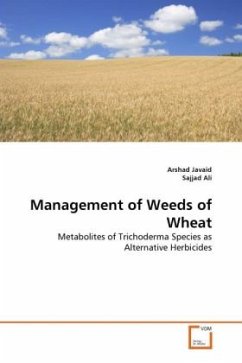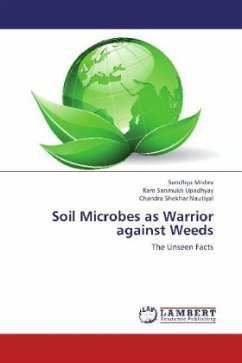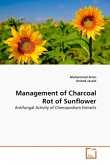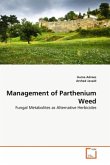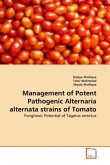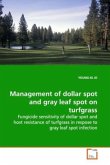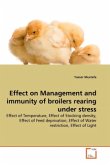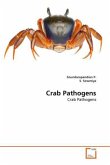Wheat is the most important staple crop in the world.It is rich in protein and provides daily requirement of energy. Both grassy and broad-leaf weeds infest wheat which are the most important factor of low grain yield of wheat. Rumex dentatus, Phalaris minor and Avena fatua are the commonly occurring and problematic weeds of wheat. Several methods of the weed control have been devised. Among these, chemical method is the common one. However, in recent years, the use of chemicals has increased consumer concern and their use is becoming more restrictive due to environmental pollution, occurrence of microbial resistance, residual toxicity problems, carcinogenic effects and high inputs. For eco-friendly weed management strategies, there is a growing trend toward the search for alternatives to chemical herbicides. One such alternative strategy to manage the weeds is the use of natural herbicidal constituents of fungi. The present study was carried out to investigate the herbicidal potential of metabolites of four Trichoderma species. This book is especially useful for those who are involved in organic farming.
Bitte wählen Sie Ihr Anliegen aus.
Rechnungen
Retourenschein anfordern
Bestellstatus
Storno

